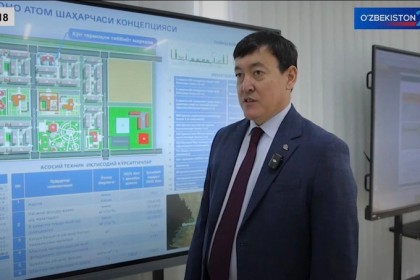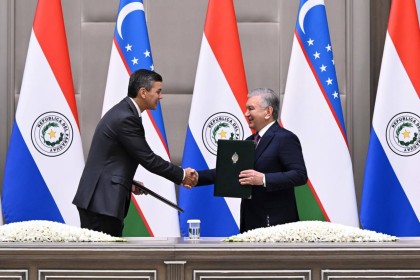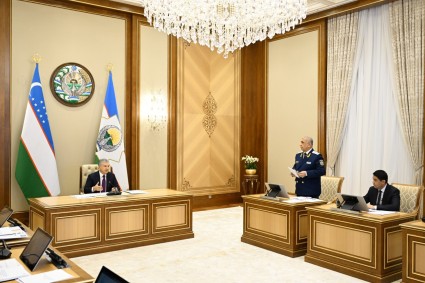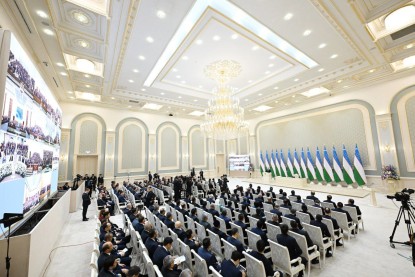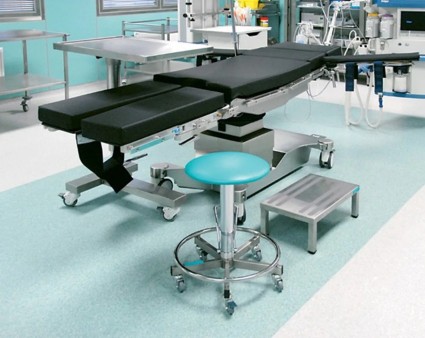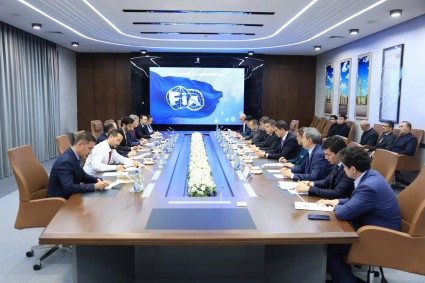On January 5 the President of Uzbekistan Shavkat Mirziyoyev met with a group of health care leaders and doctors, UzA said. The videoconference meeting was attended by members of the government, senators, governors, heads of ministries and agencies, state and public organizations, rectors of medical schools, leaders of the health care system.
"Reforming the healthcare is one of the important vectors of the state policy", - Shavkat Mirziyoyev said.
He mentioned the problems that need to be resolved, particularly noting the activities of rural medical centers (RMC).
"Complacency is a serious obstacle for further development", - Shavkat Mirziyoyev said. He stressed that over 7,000 letters sent to the Prime Minister’s and now the President virtual reception are related to the problems in the healthcare system.
Currently the RMCs are adequately equipped with laboratory equipment, diagnostic devices for primary medical examination, but we lack qualified professionals who can make use of this modern equipment.
The residents of some remote areas have to go to the district or regional center for a simple blood test.
Medical examinations are often conducted just as formality, the President continued. The shortage of qualified specialists in remote areas suggests that much remains to be done to address the staffing issue. Currently the people are not satisfied with the quality of the emergency treatment, he added.
Then the Head of State stated the need to create clinics for girls and women. The birth of a healthy generation depends largely on the health of women, he underscored.
"When it comes to healthcare, we have to bear in mind one thing, medical staff are there for our health. People must be able to trust them", - Shavkat Mirziyoyev said.
He said that all specialized medical centers are located in Tashkent, which creates disadvantages for the rural population.
The healthcare leaders were given specific instructions concerning the health care development, raising the quality of medical services to international standards, introduction of advanced practices in the training of young professionals, expanding cooperation with leading medical centers and educational institutions of the world, and with well-known scientists and specialists.



